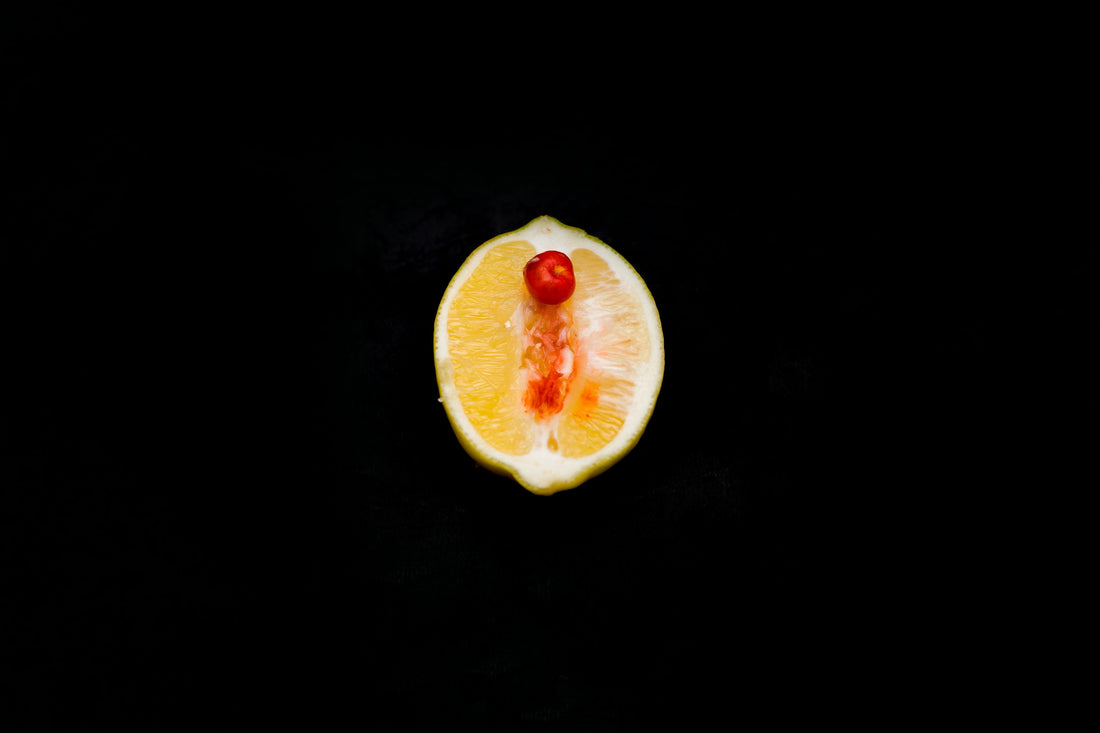
Food and the menstrual cycle: what and when?
The menstrual cycle is a complex process that happens to women for roughly 35-40 years of their lives! During the menstrual cycle, nutrition plays a crucial role but often remains forgotten in the management of menstrual health and well-being.
Did you know that during their luteal phase, women may experience a metabolic shift, increasing their energy needs by up to 10%? It is often during this phase that women suffer from premenstrual syndrome (PMS). A study published in the Journal of Women's Health indicates that dietary changes can play a crucial role in reducing PMS symptoms, with as many as 50% of women experiencing relief from symptoms like bloating, mood swings, and fatigue through targeted nutritional changes.
In this blog post, we unravel the optimal dietary strategies to support your body throughout the entire menstrual cycle, including the luteal phase, to support you during times of PMS.
So, what happens during the cycle phases?
The menstrual cycle is divided into several phases, starting with menstruation, followed by the follicular phase leading up to ovulation, and concluding with the luteal phase. Each stage is influenced by fluctuations in hormone levels, affecting mood, energy, and overall well-being. Understanding these phases can help us be informed to take better decisions concerning our nutrition and lifestyle. Certain nutrients provide you with particular support in specific phases. Nevertheless, it is important that you make sure to have a balanced diet throughout your cycle.
Menstrual phase
Your period indicates the beginning of your menstrual cycle. During this time, your hormone levels are rather low. During 3-8 days, you are going to lose the equivalent of 2-3 teaspoons of blood. It is important during this phase that you supplement your diet with iron to recover from the week of blood loss.
What you need
iron, vitamin C and magnesium in particular.
Follicular phase
During this phase, The uterine mucosa builds up and an egg matures in one of the ovaries. You need all the energy necessary to mature and release an egg ready for fertilization. It is, therefore, important that your diet includes energy-rich food.
What you need
Lots of protein-rich and complex carbs foods.
Ovulation phase
Your follicular phase is followed by ovulation. Now, you have reached half of your cycle, where your metabolism is running at full speed! This means that the metabolism of complex food happens more efficiently, especially for carbs. From ovulation onwards, your blood sugar level will rise.
What you need
Reduce carb intake but increase antioxidants, calcium, fiber and vitamin D
Luteal phase
If your egg doesn’t get fertilized, your hormone levels will drop, which can lead to mood swings. This is the end of your cycle. During this phase, your overall energy levels decrease and your appetite increases. Cravings and water retention before your period are typical. During these last days of your cycle, you might experience premenstrual syndrome (PMS). For your well-being, it is particularly important to boost your body with a healthy diet.
What you need
Here you need to make sure you get enough B vitamins, calcium, omega-3 fatty acids and magnesium. To keep your blood sugar levels constant, it is preferable that your consume protein-rich foods and complex carbs that will only slowly increase your blood sugar levels.
Let's remember that while the menstrual cycle can be complex, simple dietary choices can make a big difference. A balanced diet, rich in specific nutrients for each phase, can help mitigate PMS symptoms and boost overall well-being.
If you are curious and want to know more about specific foods capable of reducing PMS symptoms, check this article:
- PMS: what it is and how you can reduce it
- Tips and tricks for reducing PMS symptoms through your diet
About the author
Meet Ambre, a passionate biomedical scientist with a spark for creative marketing, dedicated to spread awareness and love about women’s health and care. She will happily transform your questions or worries into an educative article to help you and other women seeking answers to their question <3
